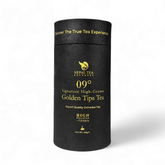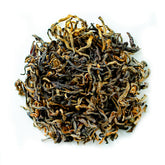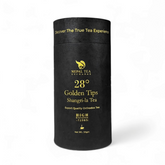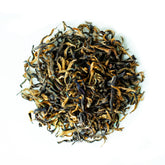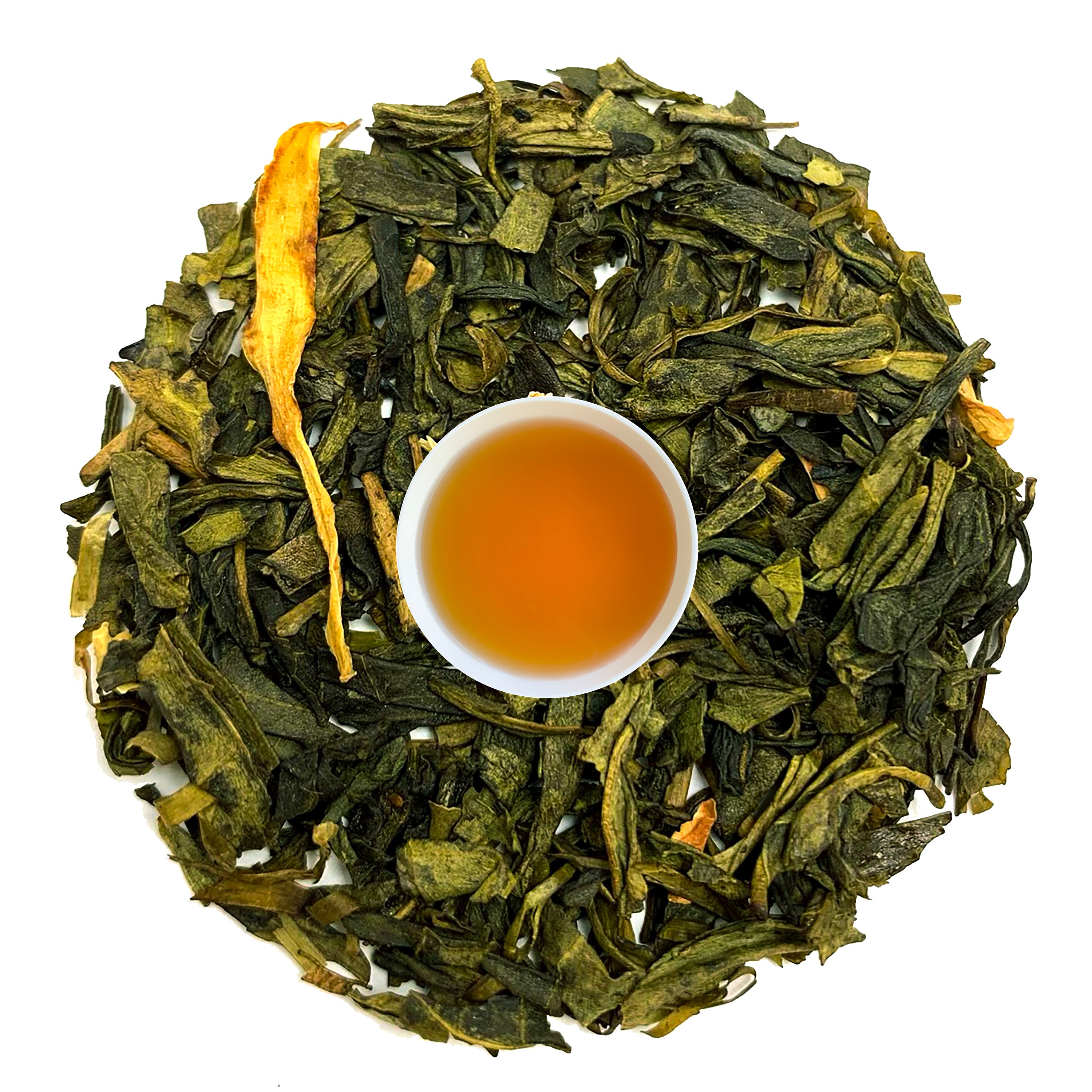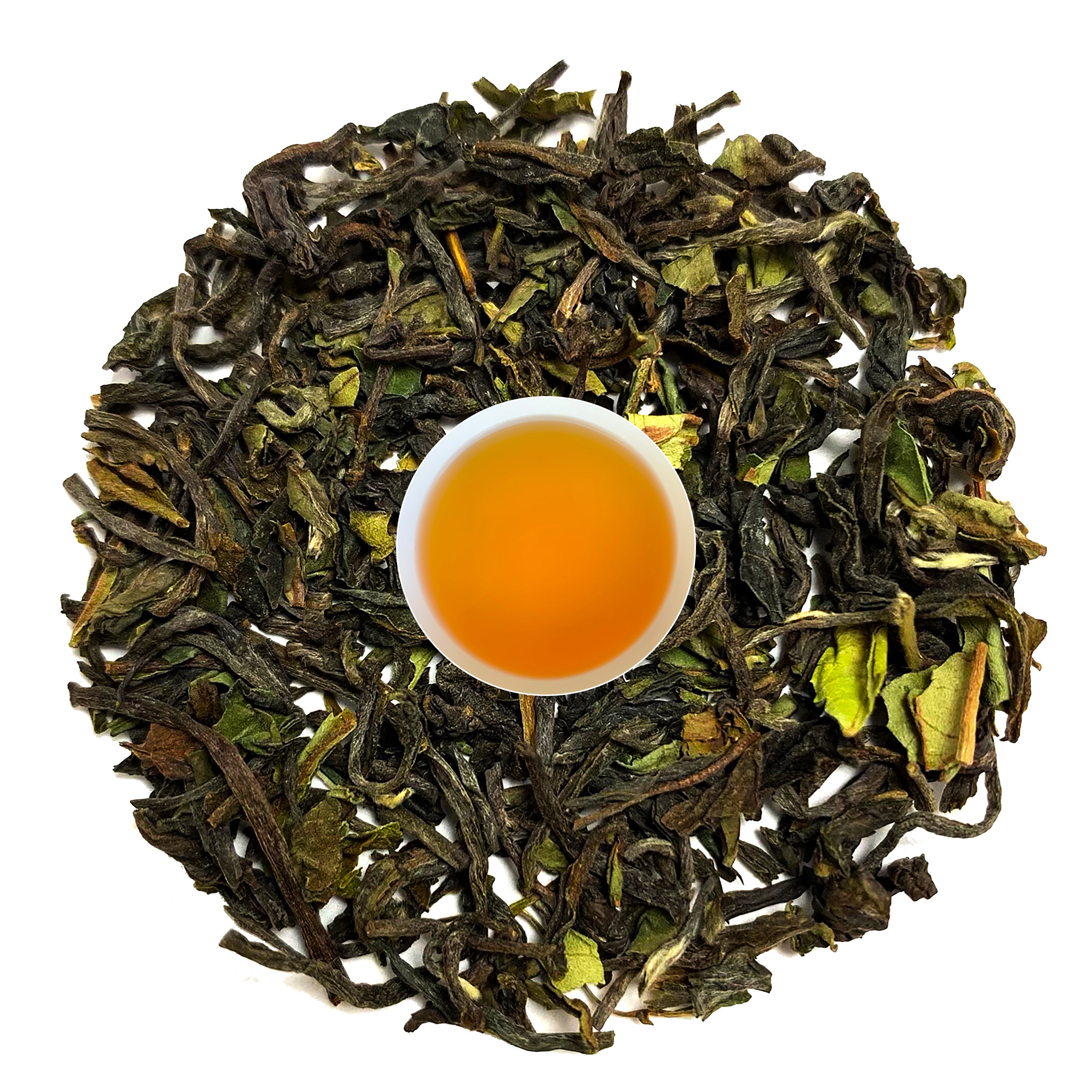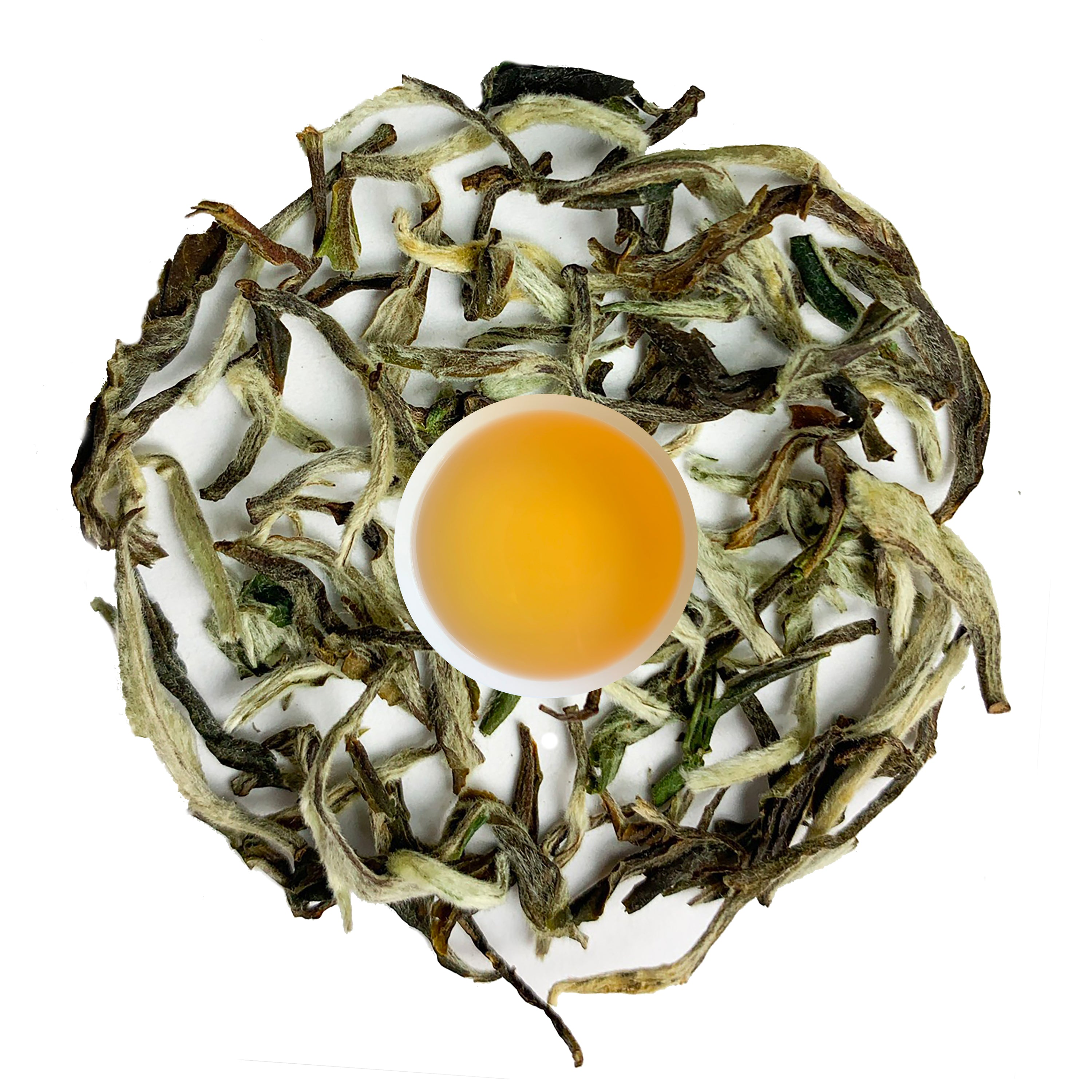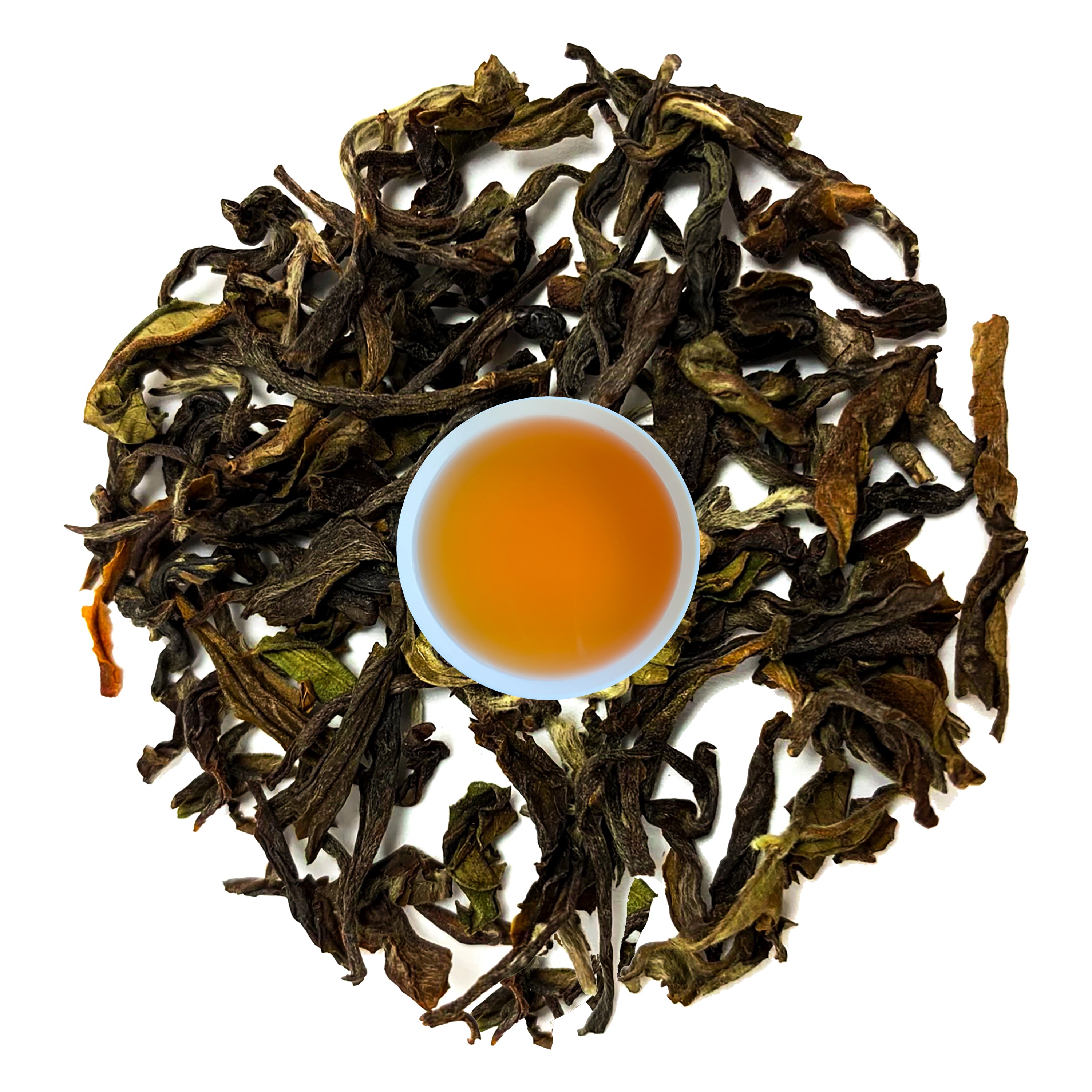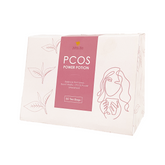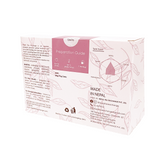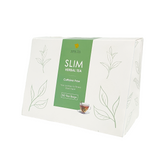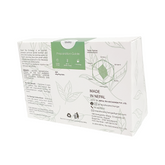Exploring the Best Teas for Weight Loss: Scientific Insights into 4 Types of Tea
Tea, a beloved beverage around the globe, offers a symphony of flavors and a wealth of health benefits. Whether you're sipping black, green, white, or oolong, each type of tea is not just a soothing ritual but also a source of beneficial flavonoids. These natural compounds are celebrated for their anti-inflammatory properties and their ability to combat diseases like heart disease and diabetes. With tea being a staple in approximately 80% of all households, it's evident that this brew holds a special place in the hearts of many. Beyond its well-known health advantages, tea is increasingly recognized for its potential in aiding weight loss, a claim that attracts those seeking natural ways to manage their weight. Let's delve into the scientific underpinnings of how specific teas can help with weight loss and why they may be the perfect addition to your diet.
Detailed Scientific Analysis of Teas for Weight Loss
Green Tea: Enhancing Thermogenic Activity
Green tea is distinguished by its high content of catechins, particularly epigallocatechin gallate (EGCG), a potent antioxidant. EGCG has been extensively studied for its ability to enhance thermogenic activity in the body. Thermogenesis is the process by which the body burns calories to digest food and produce heat. Green tea increases energy expenditure and fat oxidation, which are crucial for weight loss. Research indicates that the combination of caffeine and catechins found in green tea can boost metabolic rate by about 4-5%, significantly influencing weight management and fat breakdown.
22° Jasmine Green Tea
Black Tea: Modulating Gut Microbiota
Black tea undergoes a fermentation process that transforms its catechins into complex flavonoids like theaflavins and thearubigins. These compounds are known for their health benefits, including improving cholesterol levels and reducing blood sugar. Recent studies have focused on black tea’s ability to influence the gut microbiota. It promotes the growth of beneficial bacteria and enhances the formation of short-chain fatty acids, which play a role in energy regulation. A shift in the gut microbiota composition towards a higher proportion of beneficial microbes has been associated with decreased fat mass and improved metabolic outcomes.
01° Ilam Black Tea
White Tea: Inhibiting Adipogenesis
White tea is the least processed of all teas, which helps preserve a high content of phytochemicals such as catechins and epicatechins. Its anti-adipogenic properties—its ability to prevent the formation of new fat cells—are particularly noteworthy. Studies have shown that white tea extract can inhibit the differentiation of preadipocytes into adipocytes by downregulating the expression of genes responsible for adipogenesis. This process not only helps in reducing the storage of new fat but also encourages the breakdown of existing fat stores.
19° White Tea
Oolong Tea: Stimulating Lipid Metabolism
Oolong tea represents a middle ground between green and black tea in terms of oxidation. It contains both catechins and complex flavonoids, offering a dual mechanism of action for weight management. Oolong tea has been shown to enhance lipid metabolism, which is the process by which fats are broken down in the body. The polyphenols in oolong tea activate certain enzymes that enhance the metabolism of lipids, leading to reduced body weight and lower cholesterol levels. Regular consumption of oolong tea can increase energy expenditure by up to 10%, significantly contributing to weight loss.
27° Oolong Tea
Integrating Tea into Your Health and Wellness Routine
Teas like green, black, white, and oolong offer various health benefits, including potential weight loss advantages. By understanding the active components and their effects on the body, you can better integrate tea into your weight management plan. Embrace the ritual of tea drinking and enjoy both its soothing qualities and health benefits as part of a healthy lifestyle.


FAQs on Tea and Weight Loss
How many cups of tea should I drink daily for weight loss?**
Drinking 2-3 cups of tea per day can help you enjoy the metabolic benefits without overdoing caffeine.
Can tea alone help me lose weight?
While tea is beneficial, it should be part of a balanced diet and regular exercise regimen for best results.
What are the side effects of drinking tea for weight loss?
Excessive tea drinking can lead to caffeine-related issues such as insomnia or nervousness. Moderation is key.
Which tea is most effective for weight loss?
Green tea is often recommended for its high levels of catechins, but choosing a tea you enjoy and can drink regularly is also important.


